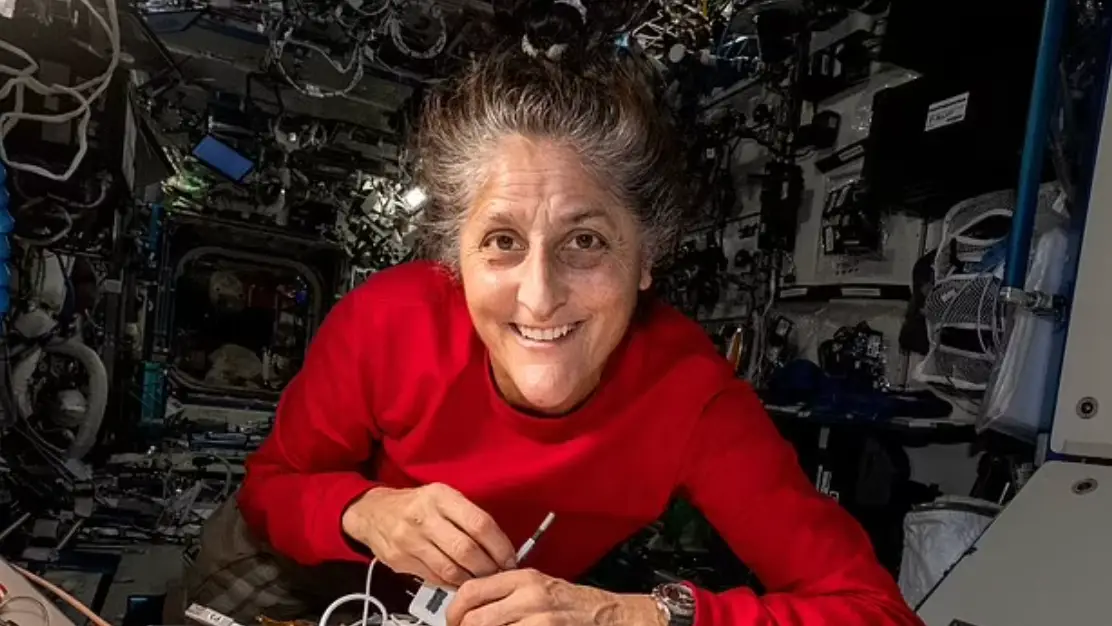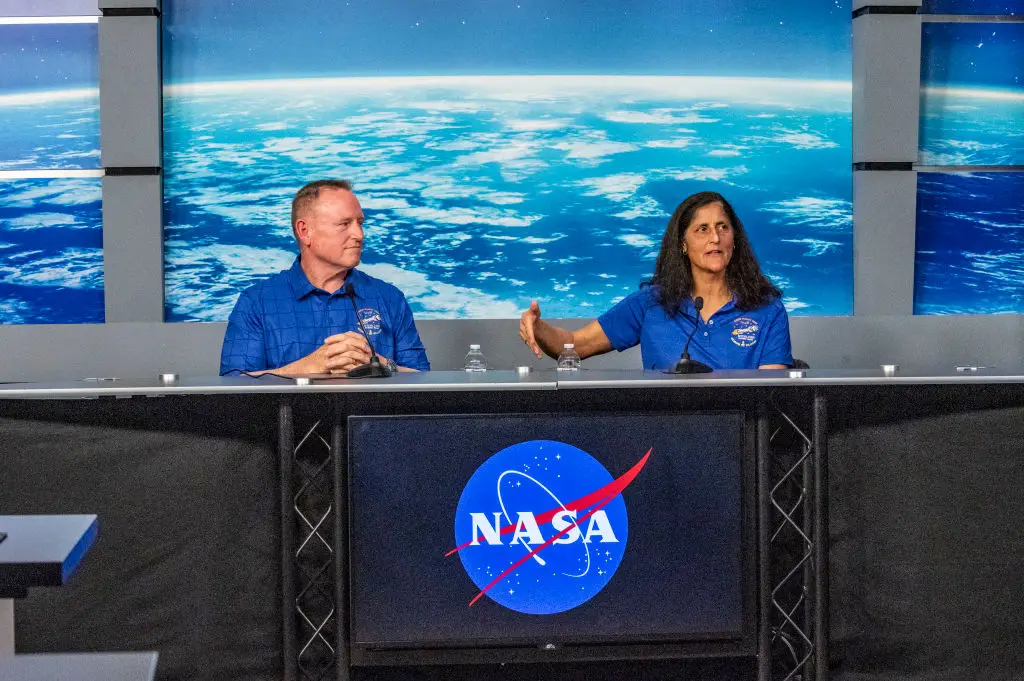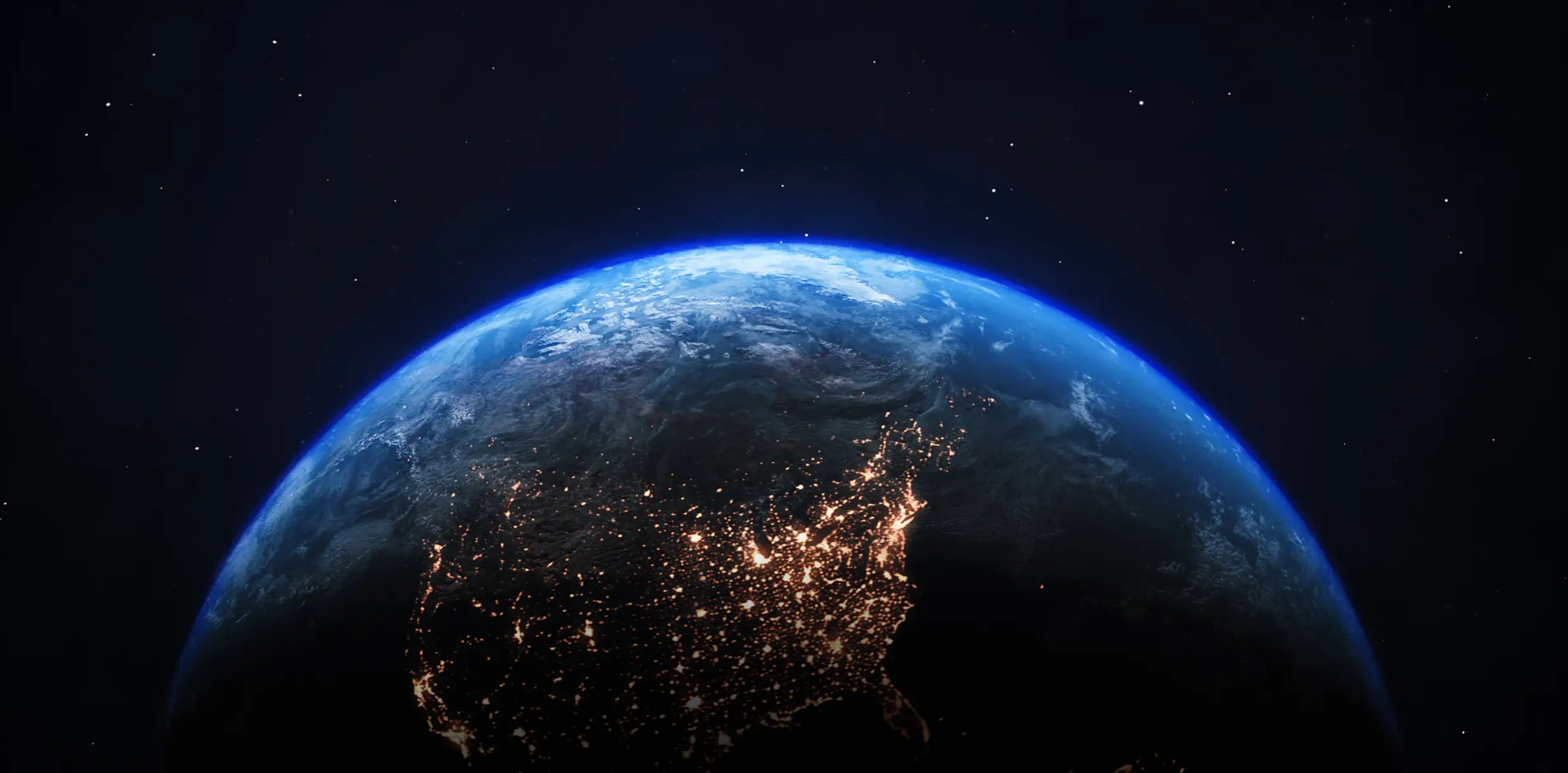
Scientists have explained everything that might happen to the pair of 'stranded' NASA astronauts' bodies when once they finally return to Earth.
Sunita 'Suni' Williams and Barry 'Butch' Wilmore docked their Boeing Starliner onto the International Space Station (ISS) back in June for what was supposed to be an eight-day mission, unaware that they'd be trapped in the ship for a further nine months following a bout of technical faults.
Despite mass concern online, Williams and Wilmore have since assured the public they weren't abandoned on the ISS following claims made by President Donald Trump and SpaceX CEO Elon Musk that their return was delayed by the Joe Biden administration for political reasons.
Advert
Fortunately, the pair are set to return home soon, although they've been hit with some last minute delays after a SpaceX launch was scrapped on Wednesday (12 March).
If the launch goes ahead as planned at 7.03pm ET Friday (11.30pm GMT), then the rocket carrying four replacement astronauts will dock at ISS on Saturday, and Williams and Wilmore should be able to return home by 19 March following a handover period.
But, what may they experience as they return to Earth after all this time?
Bone density loss
The lack of gravity in space causes major, and irreparable, bone density loss.
It also causes muscles in your arms and legs to waste away.
Muscles in your heart are also impacted by the process, as the vital organ doesn’t have to pump blood against gravity meaning it has much less work to do.
Blood flow
Alongside this, blood volume shrinks and the way your blood flows changes too as it slows in some areas, which can lead to clots.

'Waterlogged' brain
Now, this is a pretty graphic image to think about, but fluids don’t come down or drain as easily in space with Alan Duffy, an astrophysicist at Swinburne University explaining to the Guardian: "Fluids build up in their heads, to they feel like they have a constant cold.
"Your sense of smell is also diminished, which is probably a good thing, by the way, because it reeks up there."
Once back on Earth, you'll apparently also struggle to walk, get dizzy easily, and have bad eyesight.
"The brain becomes waterlogged," adds Meng Law, professor and director of radiology, neuroscience at Monash University.
Swollen eyeballs
Talking of eyes, the build up of fluid in your head will also change the shape of your eyeballs, as well as weaken your vision, Duffy says.
'Baby-like' skin sensitivity
Your skin is also massively impacted too.
Due to gravity, astronauts' clothing floats off their skin leading to it developing an 'almost baby-like sensitivity', Duffy says, leading to your clothes feeling 'like sandpaper' back on Earth.

Increased risk of cancer
Extended stays in space results in an increased exposure to radiation, which heightens the risk of cancers.
Back on Earth, the atmosphere and magnetic field helps shield us from high levels of radiation but, in space, astronauts unfortunately don’t have that same protection.
"Not only will astronauts be exposed to more radiation in space than on Earth," NASA explains, "but the radiation they are exposed to could pose increased risks."
Mental health
And, lastly, returning back to Earth after an extended period of time in space can seriously impact your mental health.
Duffy explains: "For anyone who’s been stranded in the wrong airport for a day or two, wanting to get home - imagine you’ve been able to see home that entire time.
"These people are truly astonishing in terms of their resilience."
Brad Tucker, an astrophysicist at Australian National University, continued to note the psychological impacts of returning home noting that anxiety and depression are both 'common'.
The astronauts may also experience a something known as 'the overview effect' which is when people in space who can see the curvature of Earth from above to note a remarkable connection to humanity and, alongside it, an immediate sense of its fragility.
"Some people call it a feeling of inspiration. Some people call it feelings of inadequacy in terms of just how big the world is," Tucker explained, adding that when the astronauts finally come back down to Earth 'they have to make breakfast and they have to drive to work'.
"It is a huge transition from living in a very inspiring environment," he added
Topics: Health, Nasa, Science, Space, US News, Mental Health, Explained